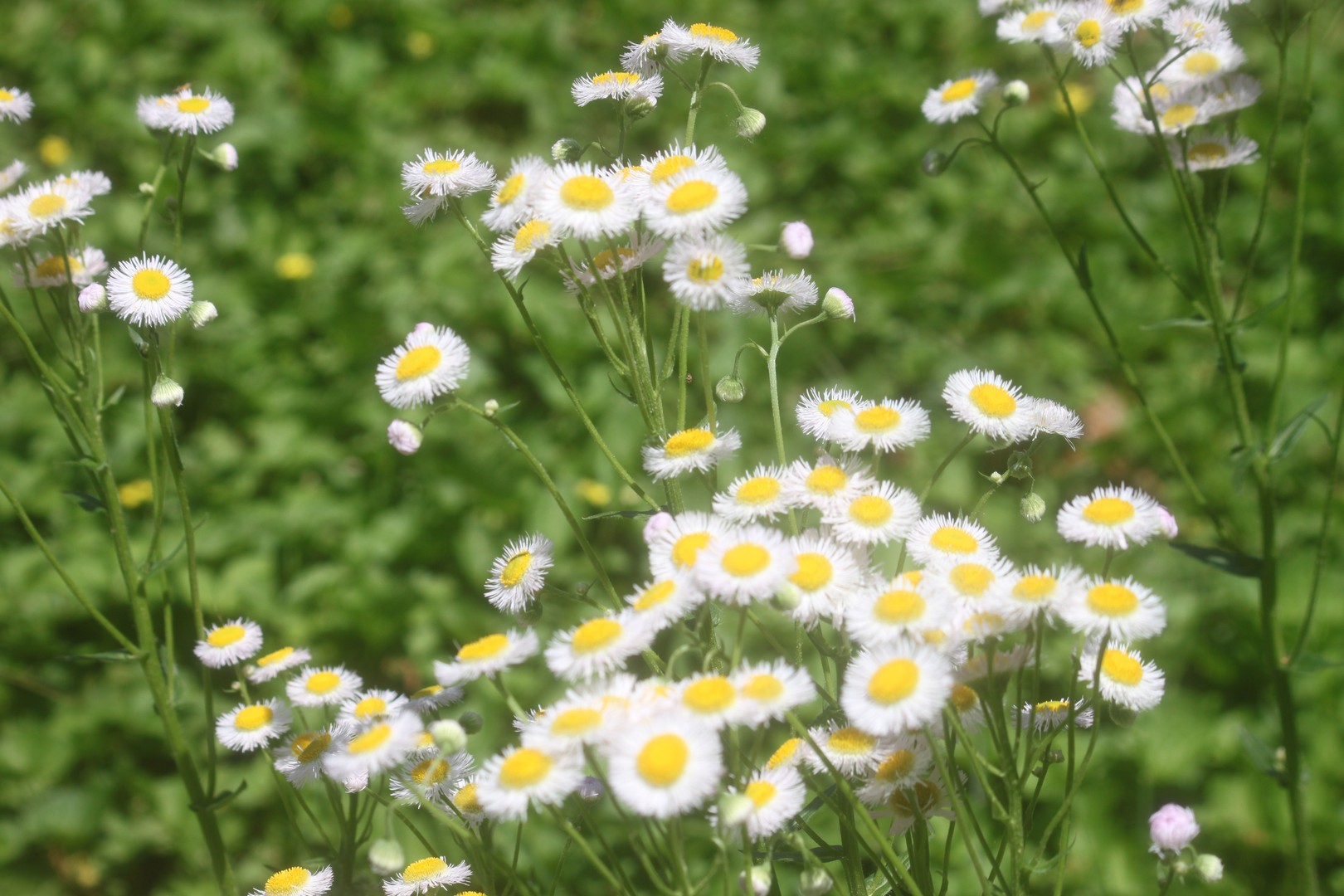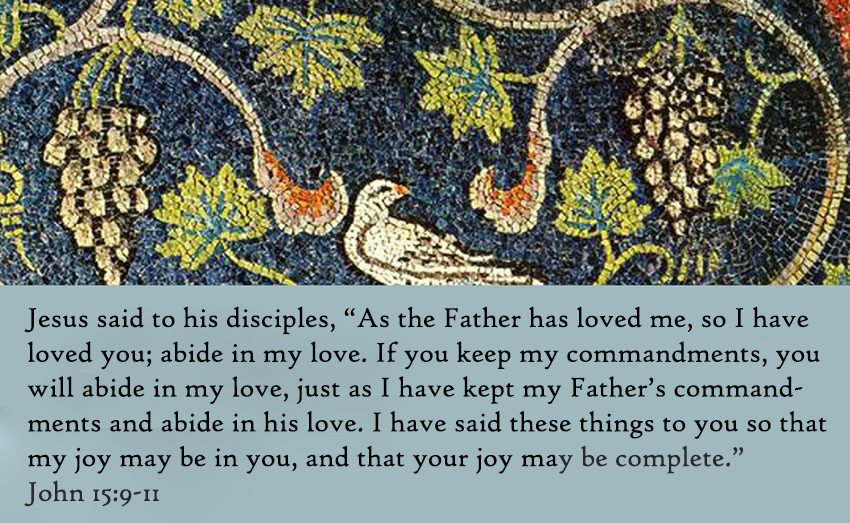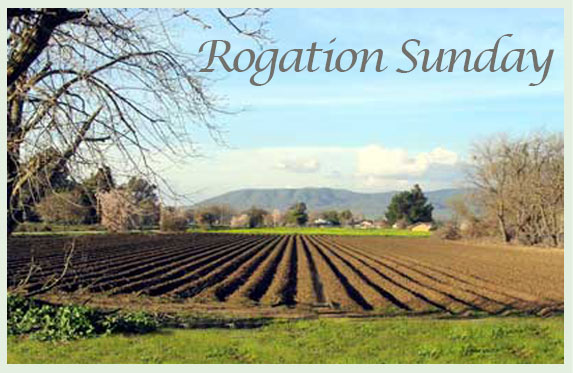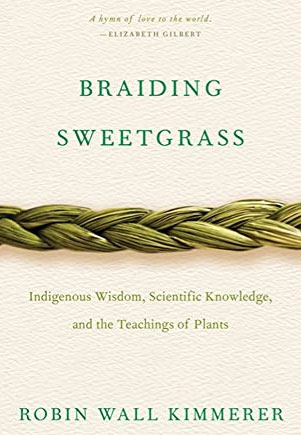I.Theme – A Community characterized by love

"The Endless Road" – Margret Hofheinz-Doring (1971)
The lectionary readings are here or individually:
First Reading – Acts 10:44-48
Psalm – Psalm 98 Page 727, BCP
Epistle –1 John 5:1-6
Gospel – John 15:9-17
Today’s readings urge believers to come together in a community characterized by love. In his sermon, Peter tells Cornelius of God’s work in Jesus Christ, thus opening the doors of the Church to Gentiles. The author of 1 John describes Jesus as God’s love for us, and calls us to embrace one another in that love. In the gospel, Jesus tells his disciples that they have been chosen to love one another; in this they will find perfect joy.
The great commandment, love God and your neighbor, transforms everything we do. While we cannot describe the specifics of love, because love is always highly situational and concrete, a commitment to loving actions and attitudes is at the heart of our relationship with God and all creation. Love embeds us in the fabric of relatedness, opening us to the creative energy of the universe and enabling us to become channels to others of the divine energy we have received.
Acts 10:44-48 This missionary speech in today’s reading marks an important turning point in the outreach of the early Church. Many Jewish Christians feared and resisted the possible inclusion of Gentiles, but Luke makes clear that Peter himself (even before Paul) began the mission to the Gentiles under the direction of the Holy Spirit.
Cornelius was a “God-fearing” Roman, one who worshiped God but had not adopted all of the Jewish religious practices. Cornelius receives the sacrament of baptism, but not before he and his gathered household receive the gift of the Holy Spirit. This event marks a new Pentecost. The circle of Christian faith has now broadened to include the inhabitants of “the ends of the earth” (1:8). The Spirit first came to Jews (2:1-4), then to the despised Samaritans (8:14-17), and now to the Gentiles.
Psalm 98 This psalm is closely related to Psalm 96. Its original setting may have been the enthronement festival of Yahweh, celebrated each year at the New Year’s feast of Tabernacles. In later times the psalm was interpreted to herald the lord’s final coming. It presents the lord, in faithfulness to the covenant, acting in history for the salvation of God’s people.
1 John 5:1-6 The writing of 1 John seems to have been occasioned by a schism in the community due to heresy, specifically the denial of Jesus’ humanity. The central theme of 1 John is that “God is love” (4:8). The significance of this statement is explored through repeated meditation that interweaves theology and ethics. Those who make the early baptismal confession, “Jesus is the Christ,” have assented to a pattern for their behavior. As God’s children, Christians are to love God and one another and to obey the commandments. Through trust in Jesus, the Christian may overcome the world.
John 15:9-17 Believers are to love one another with a love characterized by self-sacrifice. Thus while Christians are still "servants" (v. 15, literally “slaves”) of Christ in terms of ministry (see 12:26; 13:14-16), they are "friends" (v. 15) of Christ in terms of intimacy with God. In and through this relationship Christians are appointed to "bear fruit" (v. 16).
Read more








